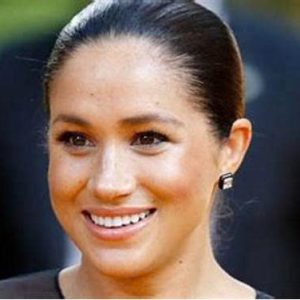An anti-monarchy advocate has described the news surrounding Kate’s cancer diagnosis as a “soap opera” days after her announcement.
The CEO of the Republic group, Graham Smith, has spoken out about the conspiracy theories and news of the princess’s diagnosis reported online.
Activists also protested outside Westminster Abbey on March 11 at the annual Commonwealth Day Service holding signs saying, “Not My King.”
In the weeks following the Princess of Wales’s cancer announcement, conspiracy theories circulated online about Kate’s health.

The message from Kate has largely put these theories to rest, but the media has continued to report on the support for the princess following her video message.
Yesterday, the Duchess of York sent her “thoughts and prayers” to the princess as she continues her cancer treatment through a social media post.
The Princess of Wales is receiving preventative chemotherapy treatmentKensington
She said: “As someone who has faced their own battles with cancer in recent months, I am full of admiration for the way she has spoken publicly about her diagnosis and know it will do a tremendous amount of good to raise awareness.
“I hope she will now be given the time, space and privacy to heal.”
But Smith has branded this message as “not news” and instead a “soap opera.”
He also criticised a column by Piers Morgan who praised Prince William for his dignity as his father and wife face cancer diagnoses.
Sarah Ferguson
Sarah Ferguson voiced her support for Princess Kate through an Instagram post
Smith retweeted the article stating: “As difficult as it is, lots of people deal with these kinds of misfortunes and personal crises.
“They do so while trying to hold down jobs and without a £25million income or an army of servants. Stop this sycophantic nonsense.”
King Charles and the Princess of Wales are facing treatment for cancer and have stepped back from public-facing duties.
Kate’s decision to announce her cancer diagnosis has sparked a surge in visits to the Macmillan Cancer support website; the charity announced that they had experienced the biggest number of visits to help pages since the first Covid lockdown in March 2020.





